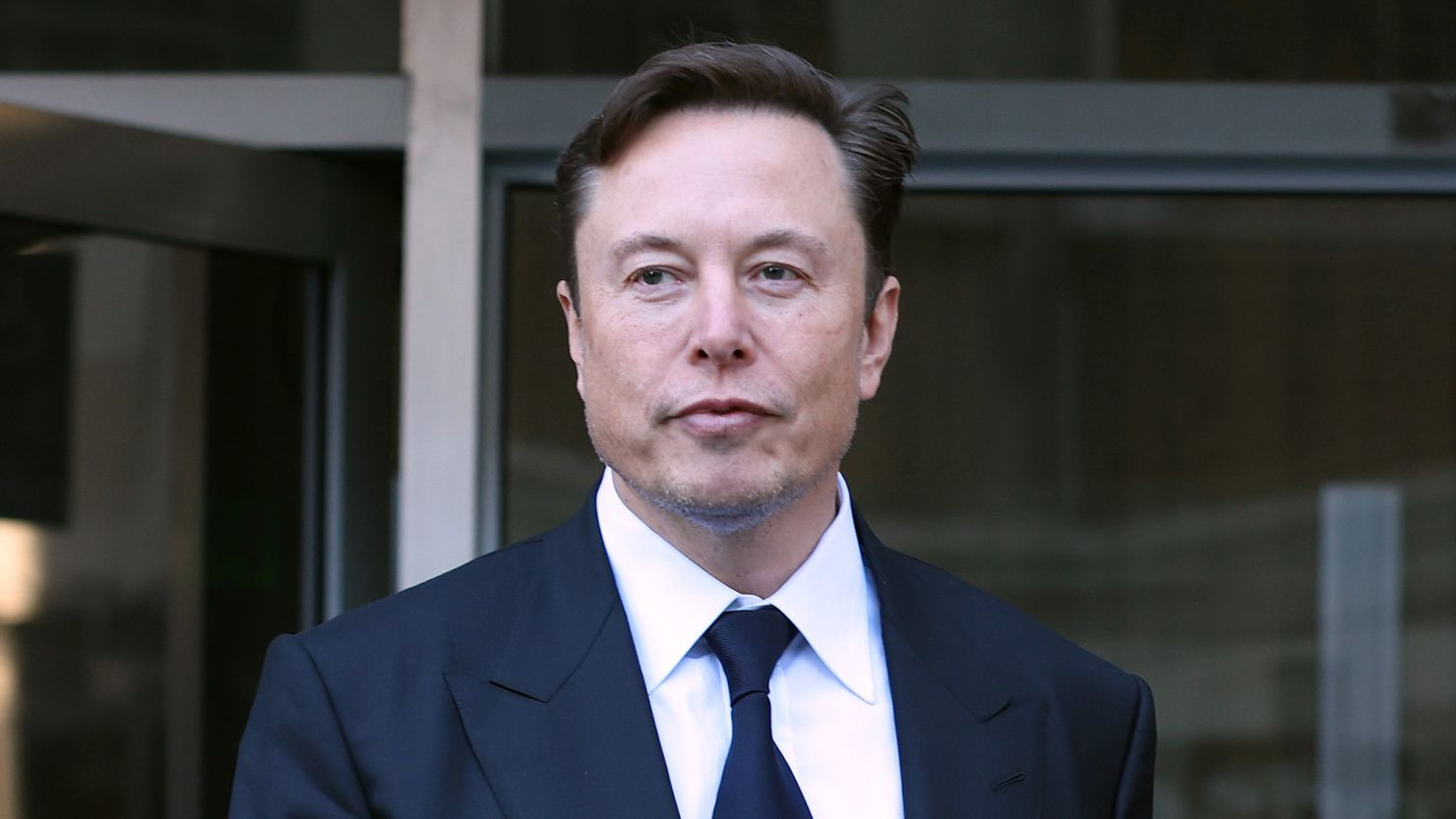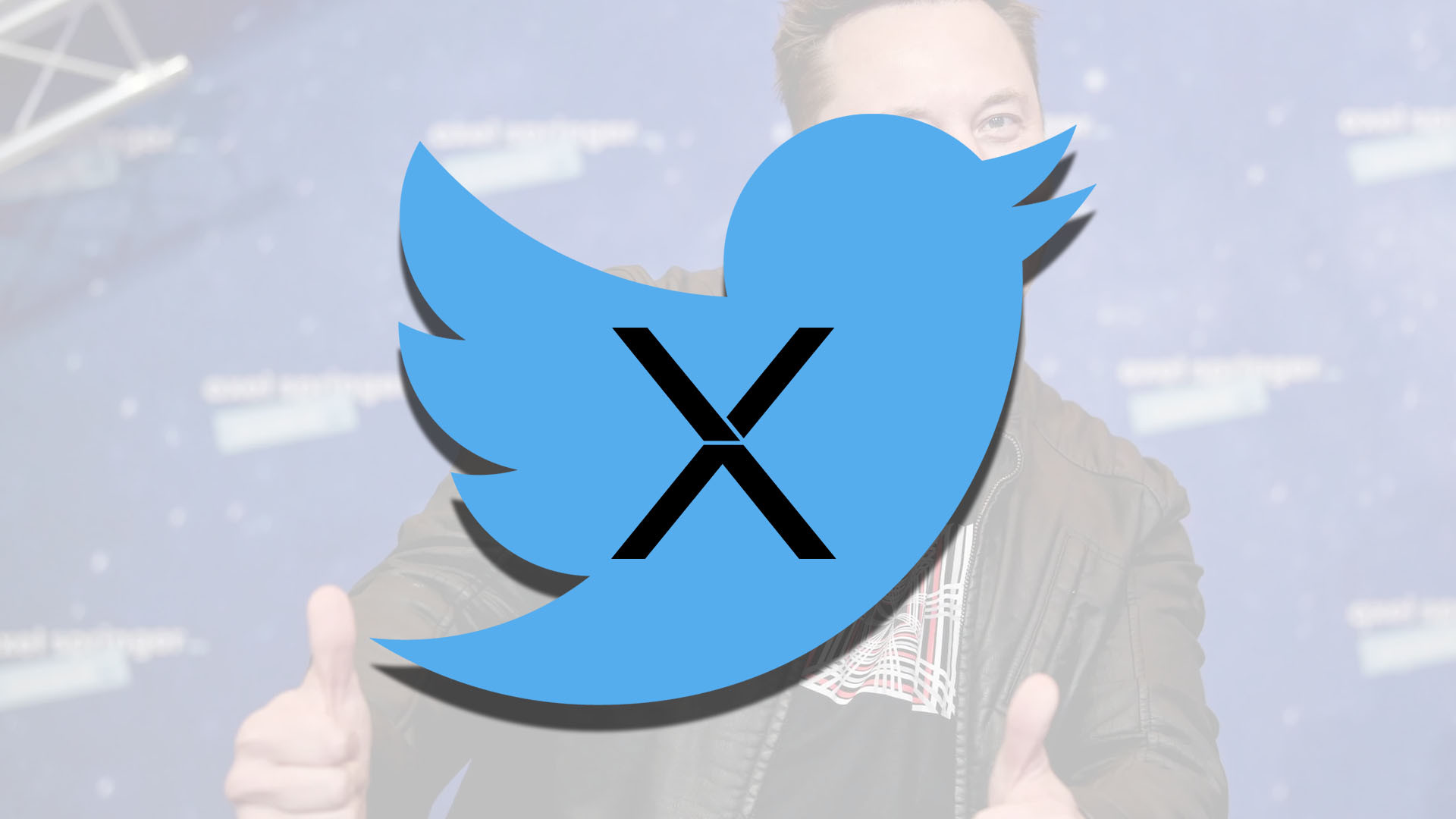Unveiling the Secrets of Elon Musk's X: A Deep Dive into the Rebranded Twitter's Future
The rebranding of Twitter to X has sent shockwaves through the tech world and beyond. Elon Musk's audacious move, announced with characteristic fanfare, has sparked a whirlwind of speculation, debate, and analysis. What does this dramatic shift signify for the future of the platform, for free speech, and for the broader landscape of social media? This article delves deep into the intricacies of this transformation, examining its implications and potential consequences.
The Rationale Behind the Name Change
Musk's rationale for the name change remains somewhat nebulous, shrouded in a mix of cryptic pronouncements and ambitious visions. He's painted a picture of X as something far beyond a mere social media platform – an 'everything app,' a sprawling digital ecosystem encompassing communication, commerce, and perhaps even far more. The ambitious goal is to create a comprehensive and unified platform that revolutionizes how people interact online.
This ambition is reflected in Musk's recent acquisition of several other companies. The integration of these acquisitions will be key to X's success. This strategy aims to consolidate several existing services, potentially creating synergies that benefit the platform and its users. However, The challenges involved in smoothly merging such diverse entities should not be overlooked. Integrating disparate systems, resolving conflicts in user interfaces, and creating a coherent and intuitive platform will be a monumental undertaking.
Some analysts suggest that the name change reflects a desire to distance the platform from its controversial past, particularly its struggles with misinformation, harassment, and censorship concerns. The rebranding could be a strategic attempt to reinvent the platform's image and attract a wider, more diverse user base. The move will inevitably face resistance from the established loyal user base who are used to the brand Twitter.
X: Everything App or Overambitious Gamble?
Musk's vision of X as an 'everything app' is both audacious and potentially risky. The challenge lies in delivering a seamless and user-friendly experience across a vast array of functionalities. The sheer scope of this endeavor, encompassing communication, payments, shopping, and potentially much more, could easily lead to a fragmented and confusing user experience. This has proven difficult even for more established players in the tech world.
Furthermore, the regulatory landscape presents significant hurdles. Integrating diverse services, especially those related to finance and commerce, opens the platform to increased scrutiny from regulators across the globe. Compliance with varying data privacy laws, anti-monopoly regulations, and other legal frameworks will be a complex and potentially costly undertaking. The regulatory environment can shift dramatically over time, so anticipating changes and adapting to them is also crucial.
The Advertising Landscape
The rebranding also raises questions about the future of advertising on X. While advertising revenue has always been a crucial component of the platform's business model, Musk's pronouncements suggest a potential shift toward a more subscription-based approach, which will impact ad revenue and profitability. Striking a balance between subscription fees and advertising revenue, to maintain user engagement and profitability is a difficult task. To achieve its vision, X will need a robust and dynamic approach to monetization that adapts to changes in the market and technological landscape.
Free Speech vs. Responsibility: A Tightrope Walk
One of the central themes surrounding X has been Musk's commitment to free speech. This commitment was an original driving force behind the acquisition, he had repeatedly stated his intention to make the platform a bastion of unrestricted expression. However, this also raises significant concerns about the potential spread of misinformation, hate speech, and other harmful content. The platform is facing the difficult task of balancing freedom of speech with the responsibility to create a safe and inclusive environment for all users.
The platform's approach to content moderation will be crucial in determining its long-term success. Striking a balance between free speech and the need to curb harmful content is a constant challenge for social media platforms. Maintaining a balance, while remaining legally compliant will be a long and difficult journey. Implementing robust content moderation policies will be key to the platforms long-term stability and future prospects.
The Road Ahead: Challenges and Opportunities
The rebranding of Twitter to X is a pivotal moment in the history of social media. The success or failure of this ambitious project will depend on numerous factors – the ability to deliver on Musk's ambitious vision, the integration of various services, the platform's approach to content moderation, and its ability to navigate the complex regulatory landscape. While the change brings new challenges and uncertainties, it also presents exciting opportunities for innovation and growth. Only time will tell if Musk's ambitious gamble will pay off.
The future of X remains uncertain, a complex interplay of technological innovation, regulatory hurdles, and the ever-shifting dynamics of the digital world. The platform’s ability to balance free speech with responsibility, and to create a coherent and user-friendly experience across a broad range of functionalities, will be critical to its future success. This will be a long and arduous journey that will require continuous adaptation and learning.



















